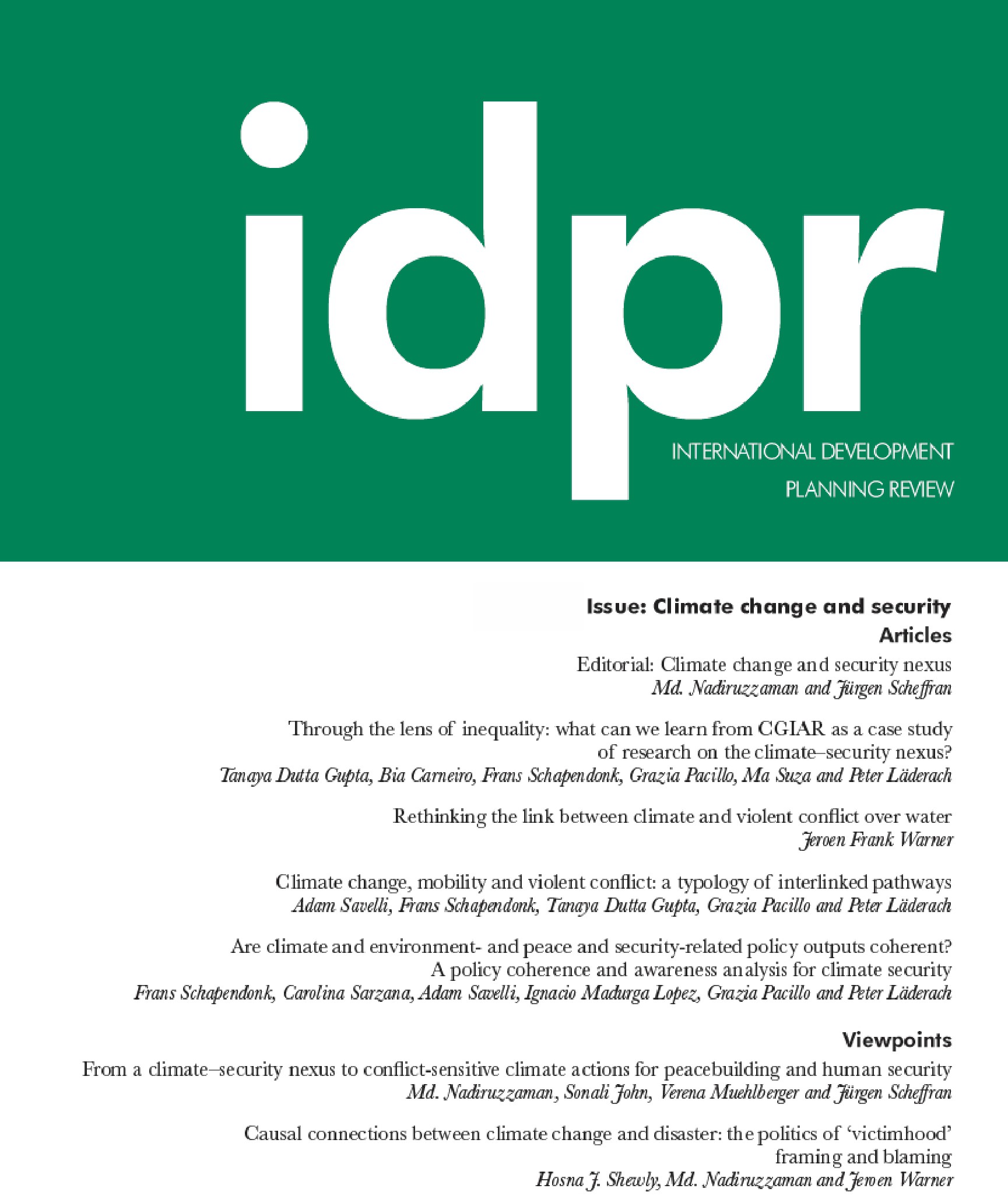IMPORTANCE OF CULTURAL COMPETENCE IN CLINICAL SOCIAL WORK OF THE KINGDOM OF SAUDI ARABIA
Abstract
This study investigates the role of cultural competence in clinical social work in Saudi Arabia. The research examines the relationship between the perceived importance of cultural competence to task performance, the frequency with which social workers interacted with clients from diverse backgrounds, and the confidence with which social workers perceived they could handle interactions with these clients. The results indicate that cultural competence and importance perception explain 71% of the variability in interactions with different clients. Furthermore, the amount of training in cultural competence affects the social workers’ confidence, with an R square value of 0.632 suggesting a large percentage variability accounted for by training adequacy. Despite the positive training impact, the study emphasizes the need for broader and more widespread schooling for social workers to be fully competent in cultural competence. The need for more institutional support is demonstrated by biases related to tribal affiliations, and the perceived inadequacy of training. The research ends with suggestions for improving cultural competence training, supporting organizational cultures that are positive to cultural competence, and continuing longitudinal and comparative research to understand and improve cultural competence in social work practice. The implications of such findings reinforce the accumulating evidence that cultural competence should be a central concern among social workers.






